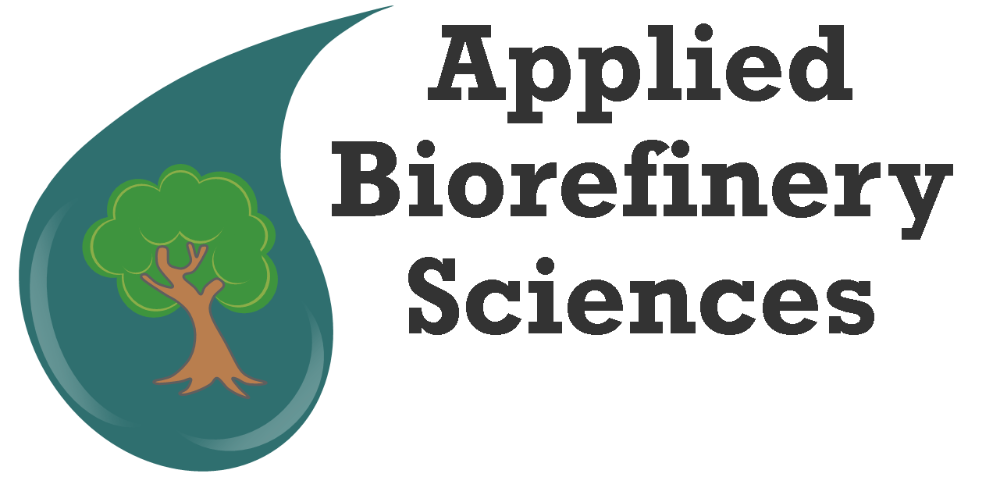Dr. Thomas Amidon, CTO and co-founder of Applied Biorefinery Sciences, has been award the Exemplary Researcher Award by the State University of New York College of Environmental Sciences & Forestry, where he is a professor in the Faculty of Paper & Bioprocess Engineering.
The category for which Dr. Amidon was nominated, Outstanding Career Achievement, recognizes outstanding career achievements in research activity, who have had a professional career of more than 16 years, and who have been employed by ESF for a minimum of 5 years. Selection criteria include documented evidence of outstanding research accomplishments and impact of their work on their discipline; outstanding national and international recognition in the academic community; evidence of a substantial positive impact of research mentorship through undergraduate students, graduate students, and/or postdoctoral associates.
Dr. Amidon’s career at ESF since 2000 has been truly exceptional. There, he has led efforts in biorefinery research, and is recognized globally for his development of the hot water pre-extraction process for lignocellulosic biomass. A few key indicators of his prominence in this field are the steady stream of invitations to give keynote or plenary lectures, chair important conferences, and invitations to collaborate with renowned leaders from national laboratories and leading academic institutions around the world. He has been the principal investigator for a number of large research grants from the US Department of Energy, and most recently, from the highly competitive National Science Foundation. Dr. Amidon has authored or co-authored over 60 publications.
Receiving the award, Prof. Amidon spoke to an engaged audience of university academics about the issues involved in biorefineries and factors affecting its applicability and economic impact. The current applications for biorefinery systems in the world are heavily oriented towards agricultural products and residual biomass. Dr Amidon suggests that the next major step, forest-based biorefineries, will be of high interest based on the amount of publications and relatively high profile corporate efforts -- yet few purpose-built applications exist. A significant amount of customization will be necessary for each forested region in the US and the world if forest biorefinery applications are to be as productive and profitable as is necessary for rapid growth. The gap between research results and commercial applications is not easily crossed and will lead to somewhat erratic results over the next 5+ years as the most economic approaches and most practical commercial procedures clarify.
The range of commercial applications that will be developed from forest and agricultural biomass residue is significantly larger than is commonly understood. This will lead to a significant number of applications from a fairly modest scale (400 dry tons per day) to large scale (over 4,000 dry tons per day). New York State and the Northeast US are well positioned to participate in the evolution of forest biorefineries because of its unique species composition, product markets, skilled labor pool, cultural background of sustainable forestry and a leadership position in biomass willow planting.
Learn more about biorefinery concepts and economics at absciences.com.
